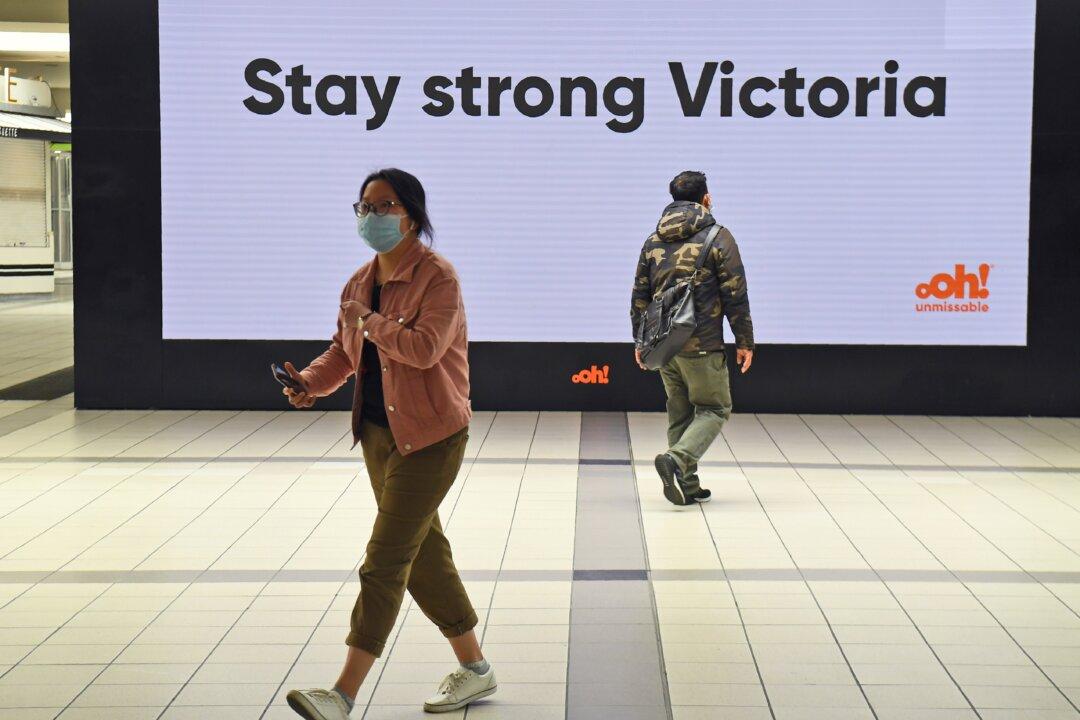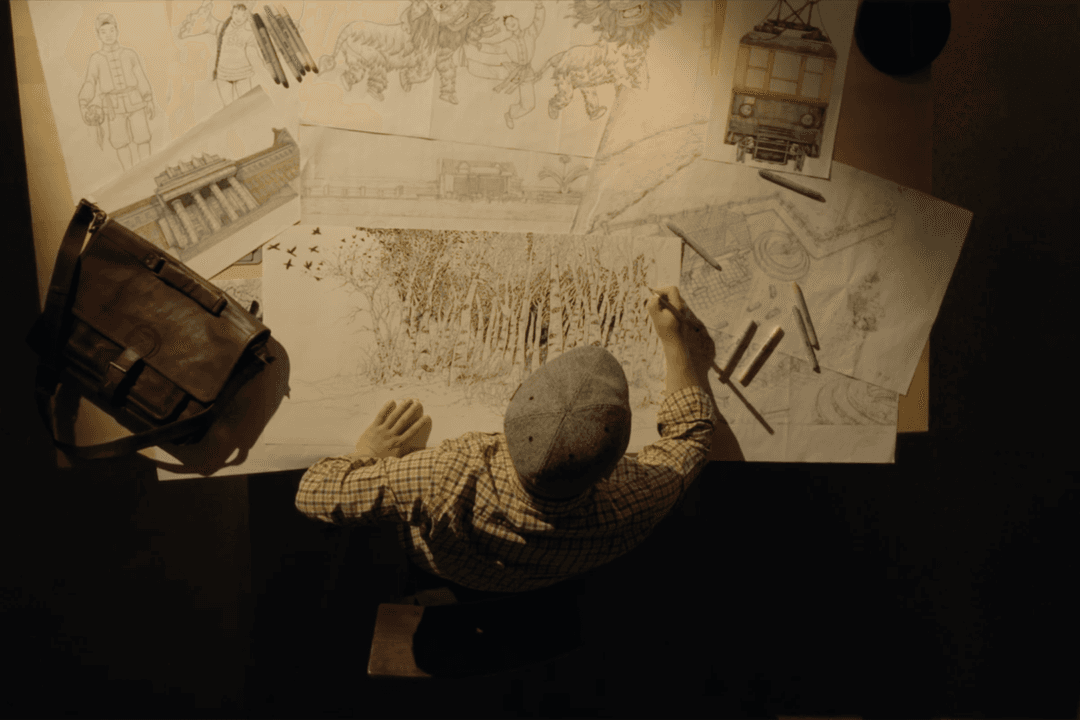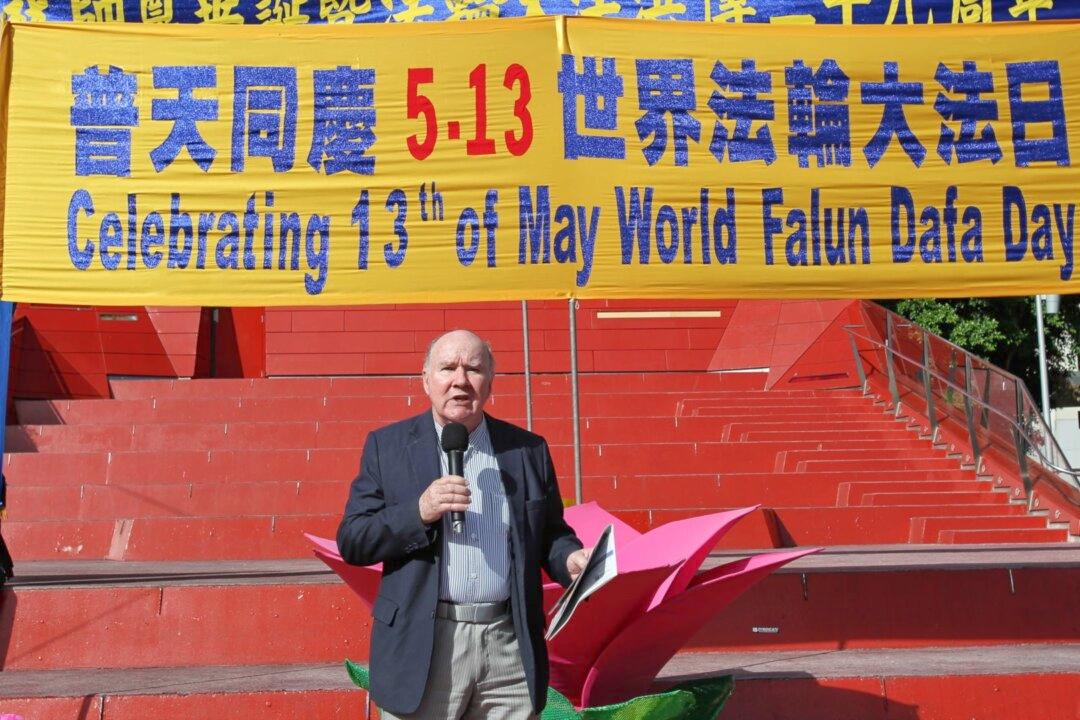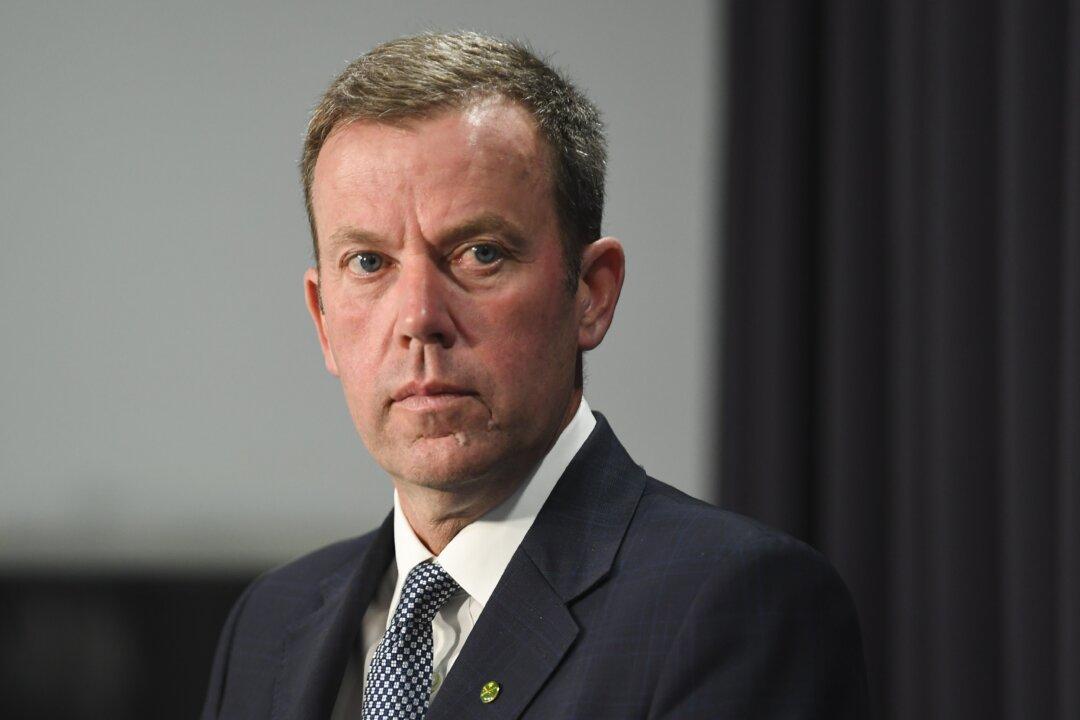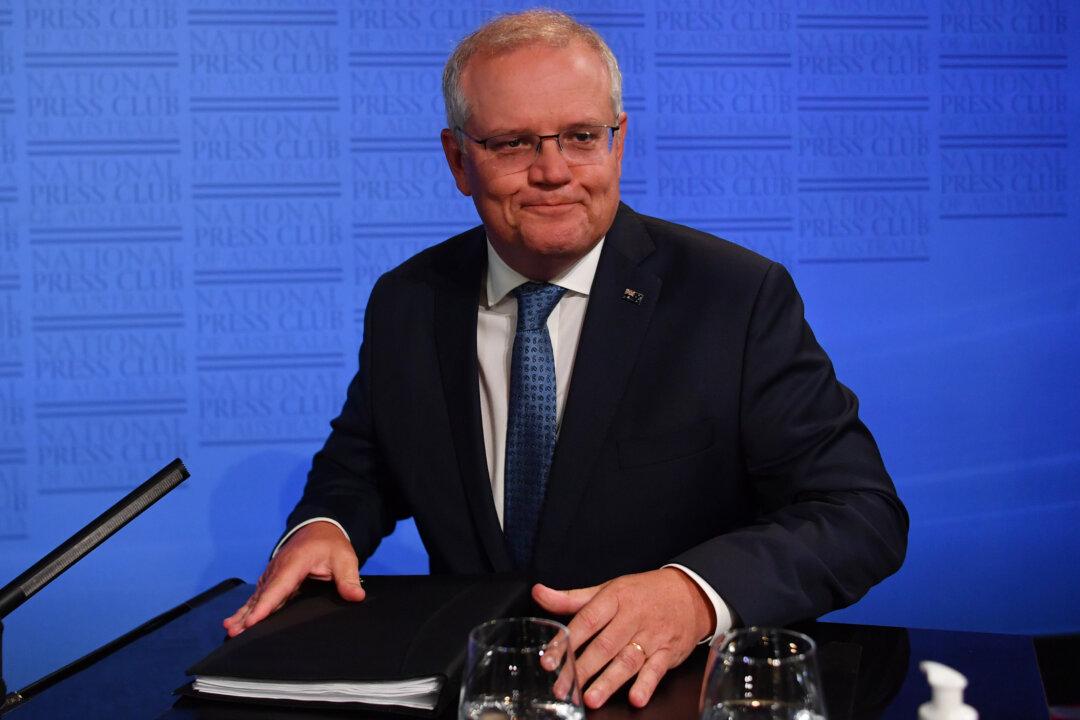An economist who worked with Victoria’s state Treasury for almost 15 years has resigned after his social media posts scrutinising the government’s strict response to the CCP virus were prohibited by the Victorian public service.
Sanjeev Sabhlok last week resigned from his position of Senior Manager in Economic Strategy, with the Victorian Department of Treasury and Finance, following a meeting with the head of human relations.
